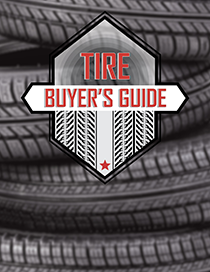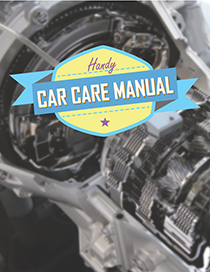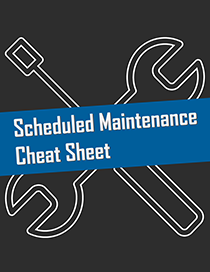Oil Changes For Your Ride!
Oil changes can seem like a small service to get done for your vehicle, but it helps keep your vehicle safe. Read more in our blog to see why you should take oil changes seriously.
The more you know about car maintenance, the better prepared you’ll be to keep your vehicle safe and performing at peak levels. Let’s take a look at oil changes for your vehicle & why they are vital to the health of a properly running vehicle.
What does an oil change do for my vehicle’s performance?
Over time oil decreases in effectiveness and becomes saturated with dust, water, and combustion residues that cause engine corrosion. Regular oil changes will improve engine performance because clean oil performs much more efficiently than dirty oil. Regular oil changes are essential to vehicle’s performance and safety and will also help prevent costly repairs throughout the life of your vehicle.
What happens during an oil change?
Your auto service provider will change your vehicle’s motor oil using full synthetic oil, synthetic blend, or high mileage motor oil, depending on the recommendation of your vehicle’s manufacturer. The old oil and oil filter will be removed, replaced, and recycled.
In most cases, the technician will also perform a courtesy inspection, which often includes:
- Topping off fluids
- Checking vehicle lights
- Lubricating chassis as necessary
- Inspecting belts, hoses, steering, suspension, skid plates and undercarriage
- Checking windshield wipers
- Checking car battery
Why are oil changes necessary?
As the miles on your vehicle accumulate, high operating temperatures will cause the thermal breakdown of oil. This makes it less effective as a lubricant. Lubricant is essential in the prevention of engine part wear due to excessive friction. Acid neutralizing additives in oil also decrease in effectiveness over time. Accumulation of dirt in the oil is a problem, too. Although the filter traps much of the dirt, eventually the filter will clog and the contaminated oil will bypass the filter through a relief valve. When oil becomes dirty and thick it also becomes abrasive and causes more wear. Regular oil changes are essential to vehicle’s performance and safety.
When will your vehicle need an oil change?
The rule of thumb has always been to change oil every 3,000 miles or three months, whichever comes first. Vehicle manufacturer recommendations vary, though so you should always consult your owner’s manual.
Need an oil change? Stop by one of our shops in Merrimack & Nashua, NH to see how we can help you today!






